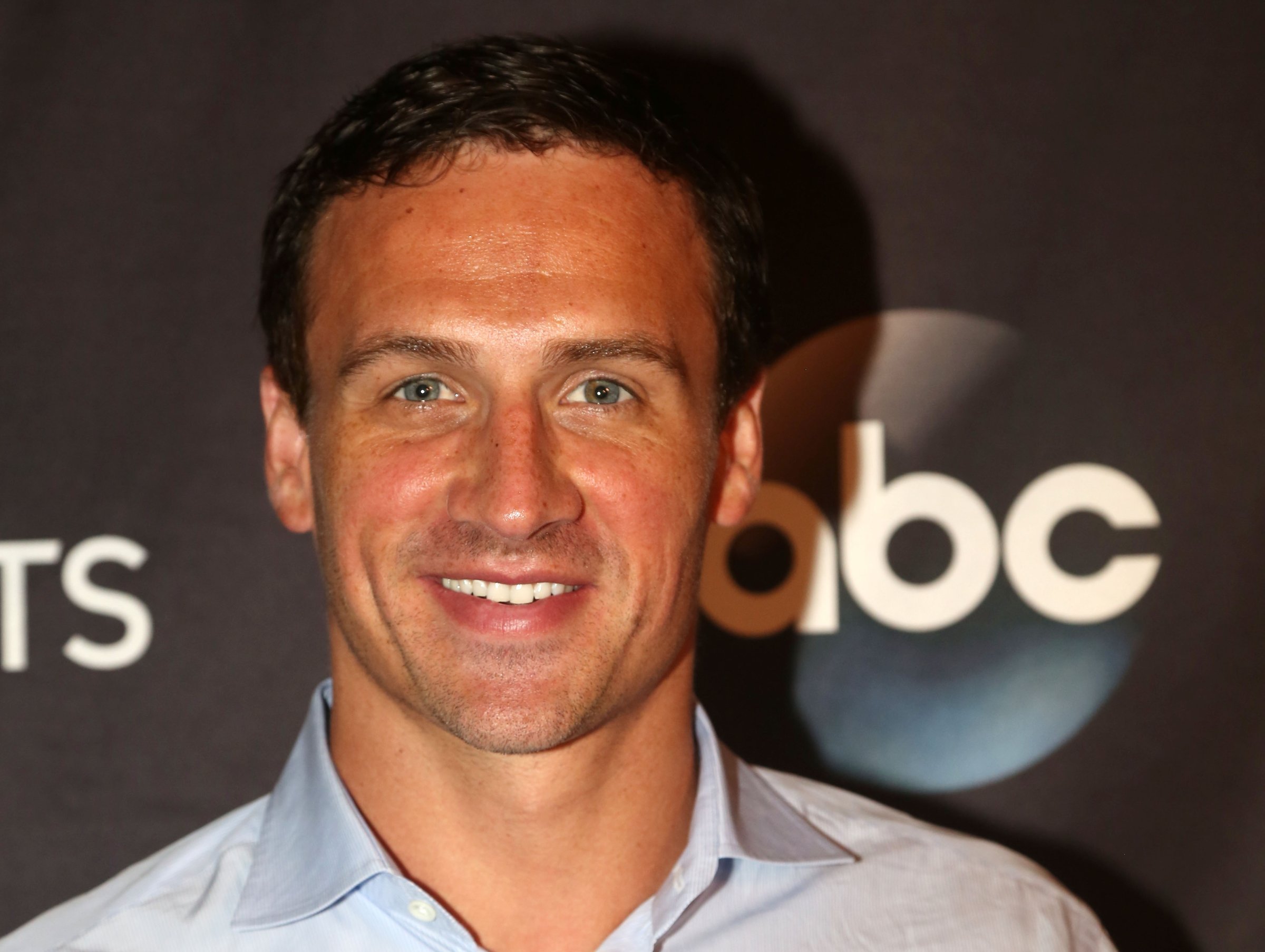
PowerBar believes in giving Olympic swimmer Ryan Lochte a second chance at a victory lap.
Lochte generated headlines for all the wrong reasons in 2016. He won just a single gold medal at the Rio Olympics, a much smaller haul than what he pulled in the prior three Olympics. And then there was ” Lochtegate”—Lochte and three other Olympic swimmers lied about an armed robbery, with Brazilian authorities instead alleging the group had vandalized a bathroom at the gas station. Loche lost out on his core four endorsements after the incident, including Speedo and Ralph Lauren.
But energy bar PowerBar thinks the 32-year-old swimmer deserves a shot at redemption in the new year. PowerBar is building an entire ad campaign around the relationship, which also highlights the brand’s newer line of “clean” whey protein bars. The brand is kicking off a so-called “Clean Start Pledge” on January 18—encouraging consumers to focus on their health by participating in sports and fitness exercises. That campaign has natural ties to PowerBar, a brand that has historically been popular with marathoners and long-distance cyclists.
“I’m excited about the brand’s commitment to cleaning up its ingredients with the new Clean Whey products,” Lochte said in a prepared statement. “As I move forward in 2017 and recommit to swimming faster, I’m excited these bars will be part of my daily nutrition to provide the extra energy I need to stick to my Clean Start Pledge.”
“The philosophy we got behind is the idea of starting clean,” Doug Cornille, vice president of marketing of PowerBar owner Premier Nutrition, told Fortune. “Ryan, like us, is looking for a clean start. It is a great fit for both us and him.”
PowerBar is looking for a sales jolt at a time when the brand is facing some headwinds. Post Holdings, the third-largest cereal maker in the U.S. with brands including Raisin Bran and Honey Bunches of Oats, has owned PowerBar since 2014—when it paid $150 million to acquire the brand and Musashi from Nestle. Both of those brands are important components of Post’s active nutrition business, which reported a 4% increase in sales to $574.7 million for the latest year.
But PowerBar didn’t fuel that growth. The brand has faced persistent sales growth in recent years as rival energy bars report growth. In 2013, PowerBar was the second-best selling energy bar in the U.S. but has steady slipped, landing in sixth place as of 2016, according to research firm Euromonitor. PowerBar is now smaller than Abbott Laboratories’ ZonePerfect, General Mills’ Nature Valley and others. Market leader Cliff Bar has even managed to increase market share over that period.
Some traditional PowerBars have as many as 20 grams of sugar—which was meant to fuel long-distance athletes. But with Americans looking to consume less sugar, PowerBar needed to meet the changing consumer preferences. The “Clean Whey Bars” at the center of the Lochte-driven marketing campaign has a similar ingredient list and just two grams of sugar.
“It is important for us to call this ‘clean,'” said Cornille. “We are one of the first to come out with a protein bar with no artificial colors, flavors or sweeteners.” He adds that PowerBar isn’t just meant for marathoners. “This is a clean product you can eat several times a day to support your nutritional needs.”
Those elements of the new PowerBars hit on a lot of key food trends. Experts are encouraging consumers to consume less sugar and there are indications people are heeding that call. There’s also a movement away from artificial coloring and flavors toward foods that are deemed healthier—a trend many experts say isn’t a fad. That’s led Big Food manufacturers to either reformulate their food or launch new versions of their foods that hit on those trends, as Post is doing with the clean PowerBar.
Cornille says the PowerBar ad tone also differs from the highly masculine ads that come from other active nutritional brands like Gatorade and Muscle Milk. He said that all-inclusive tone was purposeful. “What you’ll see with this campaign is a more lighthearted take on the joy of sports,” he said.
This article originally appeared on Fortune.com
More Must-Reads From TIME
- The 100 Most Influential People of 2024
- The Revolution of Yulia Navalnaya
- 6 Compliments That Land Every Time
- What's the Deal With the Bitcoin Halving?
- If You're Dating Right Now , You're Brave: Column
- The AI That Could Heal a Divided Internet
- Fallout Is a Brilliant Model for the Future of Video Game Adaptations
- Want Weekly Recs on What to Watch, Read, and More? Sign Up for Worth Your Time
Contact us at letters@time.com